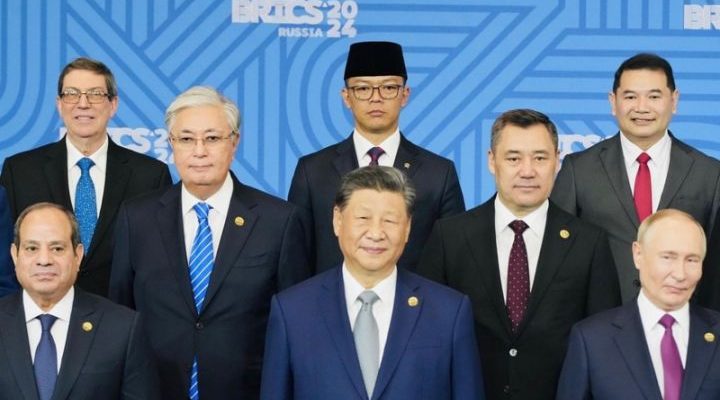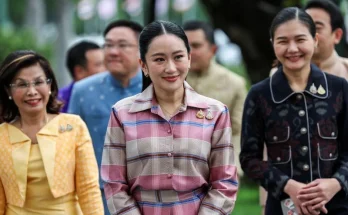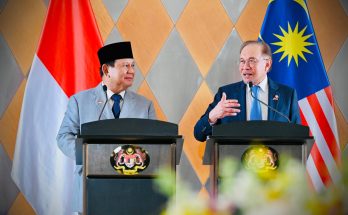BANDUNG, SEATIZENS – On Friday, October 25, 2024, Indonesia officially joined BRICS as a new partner, alongside Malaysia, Vietnam, and Thailand. This significant announcement came via the official BRICSinfo account on social media, marking an important moment for Indonesia and the BRICS group.
Indonesian Foreign Minister Sugiono emphasized the positive implications of this accession. He stated, “This is a manifestation of our active and independent foreign policy. Our participation does not imply alignment with any particular bloc; instead, we aim to engage actively in all forums.” His remarks showcase Indonesia’s commitment to a multifaceted diplomatic strategy that encourages collaboration across various international platforms.
Indonesia’s entrance into BRICS, which stands for Brazil, Russia, India, China, and South Africa, signals the nation’s growing influence in global affairs. It also emphasizes its desire to partake in key discussions regarding issues that affect the developing world.
Expanding Membership

Alongside Indonesia, several other nations joined BRICS, including Algeria, Belarus, Bolivia, Cuba, Kazakhstan, Nigeria, Turkey, Uganda, and Uzbekistan. With these additions, the coalition now includes a total of 13 member countries. This expansion reflects a rising interest from nations worldwide to engage with a bloc advocating for development rights and aiming to reshape global economic dynamics.
Founded in 2009, BRICS promotes cooperation among emerging economies. In recent years, Iran, Egypt, Ethiopia, and the United Arab Emirates have become permanent members. Together, these countries represent approximately 40% of the global population and contribute about 26.2% of the world’s GDP, rivaling the economic power of the G7 nations.
BRICS focuses on advocating for the development rights of emerging economies. By collaborating, member states hope to reduce reliance on the U.S. dollar in international trade and financial transactions. This goal is vital for countries seeking economic independence and protection against fluctuations dictated by developed nations.
Sugiono’s comments highlight Indonesia’s vision of participating constructively in the economic cooperation among member nations. Indonesia aims to enhance not only economic gains but also to share knowledge and promote best practices in governance and sustainable development.
Future Aspirations

Interest in BRICS isn’t limited to newly admitted countries. Over 40 other nations have expressed a desire to join BRICS Plus. This trend reflects a growing shift among countries seeking new avenues for collaboration beyond traditional Western-led organizations. Many developing nations are asserting their roles and influence on the global stage.
Read also : Family Conflict Among Singapore’s Founding Lee Family Unveils Dark Realities
As BRICS evolves, its expansion will likely foster new partnerships that can tackle pressing global issues. Indonesia’s involvement positions it well to contribute to and benefit from the collective goals of the bloc.
In conclusion, Indonesia’s formal inclusion in BRICS represents a significant step towards enhancing its role on the international stage. By joining with Malaysia, Vietnam, and Thailand, Indonesia signals a collective commitment among member countries to foster development, reduce dependence on traditional economic powers, and create a more equitable global economic landscape. With many nations aspiring to join BRICS Plus, the coalition is poised to become an influential player in addressing the challenges facing the developing world in the coming years.
(Firyal Trinidad)




